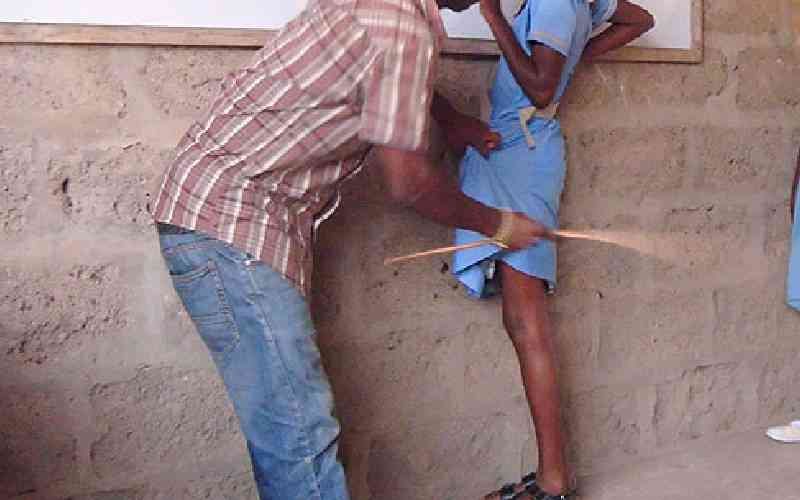×
The Standard e-Paper
Fearless, Trusted News

Indiscipline in schools is just what students see on screens.
Many teachers find it very difficult to discipline students because of several reasons: Child Rights, Harassment Codes and parents who defend their children from punishment without their consent.